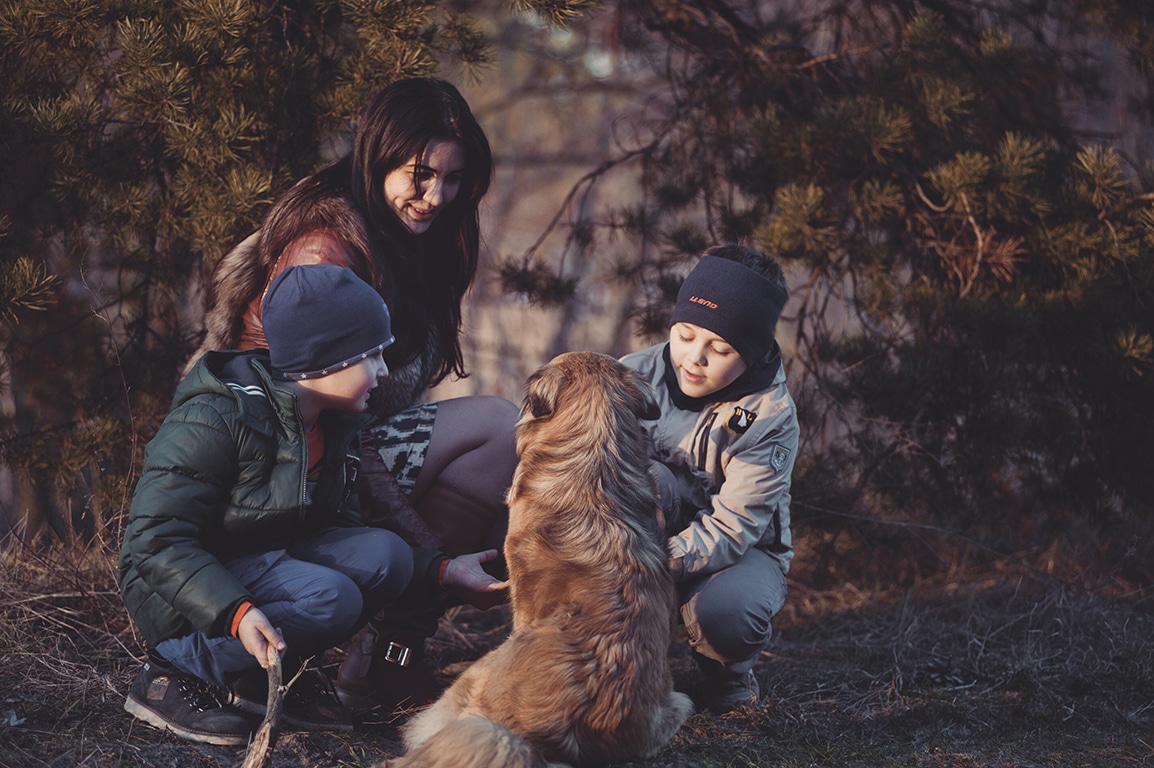Pets bring an immense amount of joy to our lives and are often more present in our daily routines than most of our relatives. Losing one can leave us feeling empty, numb and at a loss for how to move forward, sometimes even more so than our human counterparts.

When we have to say goodbye to a pet, making the decision to do so can be a painful process, full of questions and uncertainty. Having open, honest conversations with your vet about what’s best for your pet can help you through this harrowing time.
Through advice, resources and support, we hope to make this difficult time a little easier for you and your pet.

Knowing what to expect when the time comes to say ‘goodbye’ to your pet can help you mentally and physically prepare for when they are no longer by your side.
As animal care professionals and fellow pet owners, it is with heavy hearts that we say we know how traumatic losing a pet can be and the emotional stress it causes families.
While painful, it is important to ask yourself the hard questions – what is best for your pet and when is the right time to say goodbye? Being prepared to discuss what end of life care options there are available for your pet, asking any questions you may have about the processes, and what support options are available to you can help you make informed decisions in this trying time.

Making arrangements for memorial practices ahead of time can be helpful in the healing process, too. There are no set traditions when it comes to honoring your pet’s memory – choose what you feel speaks to their unique memory best whether it’s an obituary, cremation, donation in their memory to help other animals, plant a memorial tree, or anything you see fit.

An important part of saying ‘goodbye’ to your companion is to understand and allow yourself time to work through your own grieving process. There is no one right or wrong way to do so, and knowing your feelings of loss are valid and that you are not alone can help you during this painful time.

Your period of mourning can be experienced in many ways including:
- Physical – crying, shortness of breath, loss of appetite
- Intellectual – confusion, denial, lack of concentration
- Emotional – guilt, loneliness, anger
- Social – isolation, withdrawal
- Spiritual – questioning ‘what if?’, searching for meaning or interpretation
Know that these are all normal feelings and stages of loss, and not to rush yourself through these processes, but rather offer yourself love and understanding to help you through this life-altering event.
Having a support system in place with knowledge on how to help someone through pet loss can be an immensely effective tool in your journey to healing and acceptance. While no one person shared the special bond you and your beloved pet endured, a human connection from a friend or family member who was close to the pet can offer a helping hand in your grieving process.

When the time comes for your pet to leave your side, please know you are not alone. Our team at Grand Valley Animal Hospital is here to help you through this trying time in any way we can. If you have questions about end of life pet care or coping with the aftermath of losing a beloved pet, please call us today at 757.3500.



